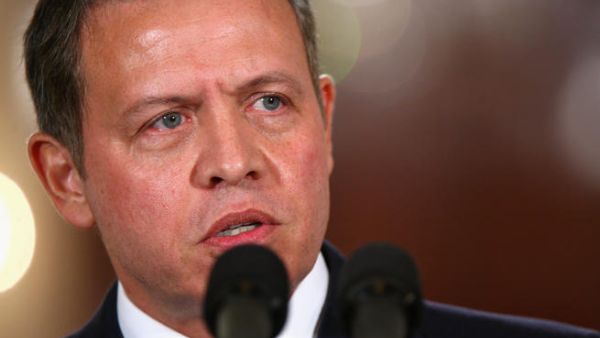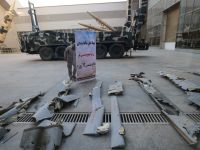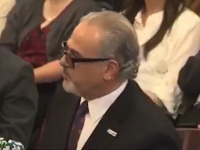Jordan has emerged relatively unscathed from regional unrest and the economy is on track to achieve a 3.5 percent growth forecast this year with recovering capital inflows, the finance minister said Wednesday.
The kingdom, with a strong record of political stability, was capitalizing on a reputation as a haven amid upheaval with Arab Gulf and other regional investors shifting hundreds of millions of dollars of capital into its $27.5 billion economy, Mohammad Abu Hammour said.
“We are seeing signs of capital inflows from the region and we expect more investment benefiting from our stability, good governance and progress in economic and political reforms,” Abu Hammour told Reuters in an interview.
Jordan witnessed weeks of protests earlier this year calling for political reforms, but has so far escaped the turmoil across the Arab world since January and led to the ouster of longtime leaders in Tunisia and Egypt and violent unrest in Syria, Yemen and Bahrain.
A social safety net announced in January to offset high food and fuel prices raised spending by $650 million, but that would be offset by controls on other government expenditure and efforts to attract foreign capital through a new investment law in the pipeline, Abu Hammour said.
A 3.5 percent growth target this year in line with International Monetary Fund projections was still realistic, he said, seeing economic recovery gathering momentum despite regional uncertainty and the lingering impact of the global financial crisis. Abu Hammour singled out the buoyant tourism sector which contributes 14 percent of the country’s gross domestic product, pointing that the sector grew 20 percent last year to 2.4 billion dinars ($3.4 bln) in receipts.
“We expect the events in a number of countries around us will boost tourism and we may witness a boom this summer,” he added, referring to Syria, where many Arab Gulf normally travel on their way to Lebanon.
The kingdom was also expected to benefit from strengthening ties with the Gulf as it begins talks with the Gulf Cooperation Council (GCC) on its membership request to join the oil producing bloc, Abu Hammour said.
Officials hope eventual GCC membership will give better access to Gulf markets for Jordanian exports and allow more labour flows to increase remittances beyond 2.58 billion dinars last year, or 13 pct of GDP.
“Our GCC membership talks will be another step towards complementarities with the Gulf and we hope it will have positive impact for both sides and will be a win-win situation,” Abu Hammour said without elaborating.
The kingdom, already enjoying close business and economic ties to the region, received this month a $400 million grant from Saudi Arabia.
“This grant will help further consolidate our finances,” Abu Hammour said, adding that despite a projected 25 percent rise in the energy import bill to $4 billion in 2011, the deficit target of 5.5 percent of GDP was attainable.
By Suleiman al-Khalidi








